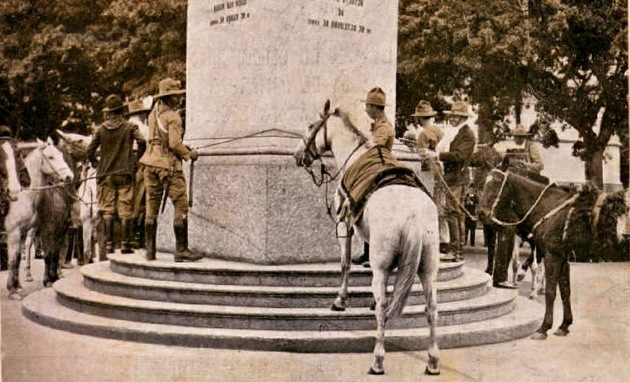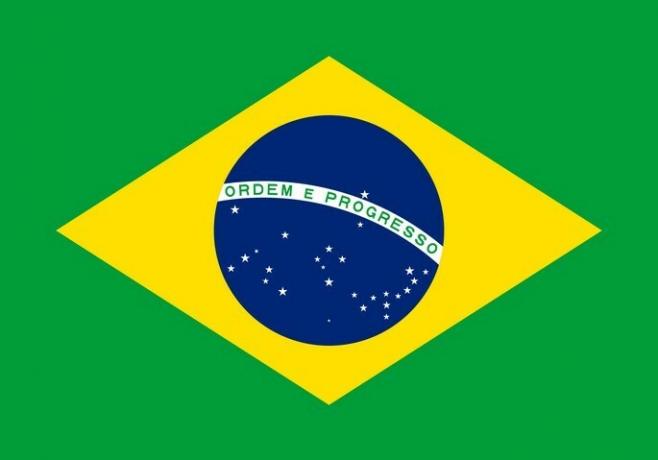The origin of the labor movement in Brazil was mainly due to the influence of foreign immigrants who came to the country at the end of the 19th century to work in the coffee plantations. These immigrants were primarily Italians, Germans, Japanese, Polish, among others.
Immigrants, enlarging the work ranks of the first Brazilian industries in the beginning of the 20th century, brought from Europe the ideas and theories in vogue among the European working class. The main social theories disseminated in Brazil were scientific socialism and anarchism. The main claims struggles of the Brazilian workers were concentrated around better working conditions, less workload and labor assistance.
Socialist theory, more precisely scientific socialism, had its origins in the thoughts of Karl Marx (1818-1883) and played an important role in the articulation of workers. The Brazilian Socialist Party was founded in the first decade of the 20th century, in 1906. Anarchism had as its main mentor Mikhail Bakunin (1814-1876).
However, from these organizations and theoretical affiliations of the Brazilian labor movement, one of the main forms of these workers' claim that it did not have the desired effect was the request for better working conditions to the government. These requests were not met, as the government controlled large portions of these industries, and such measures would result in losses.
The rise of industrialization in Brazil and the consequent urbanization that occurred mainly in the cities of Rio de Janeiro and São Paulo did not present any planning, causing serious problems, such as the lack of water and sewage treatment. However, it is interesting to note that the lack of urban infrastructure occurred primarily in working-class neighborhoods, as in central regions of these cities, where the elite lived, all kinds of urban benefits were present - a situation that has not changed in the cities of the present.
Leandro Carvalho
Master in History



